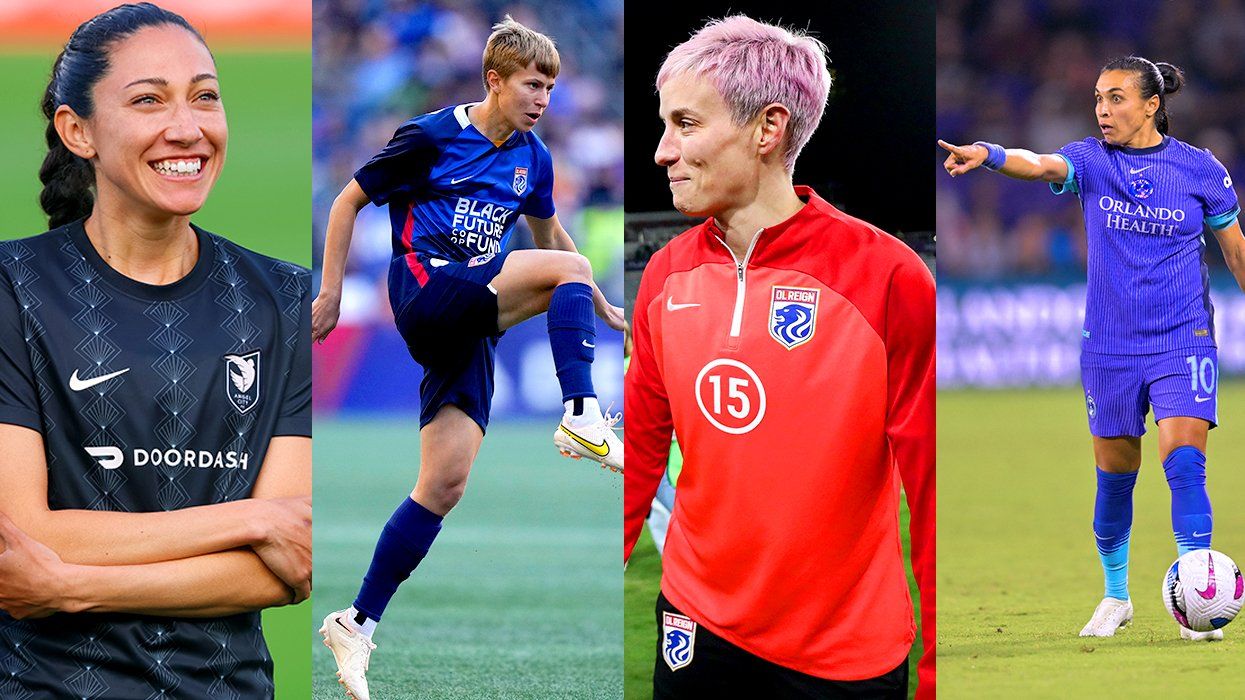Ray Rice, the $35 million contracted running back for the Baltimore Ravens, is out of a job.
Rice was cut from the team on Sept. 8 after security video of Rice punching his then-fiancée, now-wife Janay Palmer and knocking her unconscious was published by TMZ. The video is the prequel to video already published by TMZ in July. (The actual incident took place in February.) In the previous video Rice is seen dragging an unconscious Palmer from the elevator onto the floor of the Revel Casino in Atlantic City and kicking her.
The previous video earned Rice a two-game suspension from the NFL. The latest video has him suspended indefinitely from the league.
Conversely, Cleveland Browns star receiver Josh Gordon got a full year suspension in August for testing positive for smoking marijuana. Five other NFL players have received similar suspensions for testing positive for marijuana in the past year. No one has received suspensions for domestic violence except Rice.
The new videotape of Rice punching Janay into unconsciousness has raised a plethora of questions about domestic violence, about male violence against women and about why "domestic" violence is treated differently from other acts of violence.
The videotape is shocking. The couple is arguing and Janay rushes at Rice who then hits the slight Janay with what appears to be the same force he might hit a man. But the acts after Rice hits her and knocks her unconscious are even more troubling. He doesn’t bend over her and try to revive her. He doesn’t pick her up and carry her unconscious body from the elevator and call for help. He doesn’t take out his cell phone and call for help.
Rather, he drags her like a too-heavy trash bag and flops her down on the floor, giving her a little kick with his foot to get her to stand up, when she is clearly unconscious. An employee comes over to see what the problem is.
These are ugly, disturbing images. Yet the two people at the center of them–Ray and Janay Rice, their millionaire and celebrity status aside–typify a domestic violence perpetrator and his victim. He knocked her unconscious in a public place, dragged her out of an elevator, dropped her on the floor like she was trash, not his fiancée, and she in turn forgave him and married him after publically stating that she was at fault for the incident.
Is it because the Rices so typify the face of domestic violence that so little has been done to address the initial video in July? Or is it because the NFL considers assaults on women part of the hard-working/hard-playing of being a player in the NFL?
Ravens owner Steve Bisciotti apologized this week for the not suspending Rice months ago. In a long letter to stakeholders in the franchise, Bisciotti noted: "On June 16, Ray and Janay met with Commissioner Roger Goodell, who then announced on July 27 that Ray Rice would be suspended for the first two games of the season. Ray subsequently met with the media and answered questions. "Yesterday morning Sept 8, all of us saw the video from inside the elevator. It is violent and horrifying. I immediately came to the office and called a meeting with Dick Cass, Ozzie Newsome, John Harbaugh and Kevin Byrne. The meeting was relatively short. The decision to let Ray Rice go was unanimous. Seeing that video changed everything. We should have seen it earlier. We should have pursued our own investigation more vigorously. We didn't and we were wrong."
Bisciotti ends his letter: "We hope that Ray will continue to work to be the best husband, father and person he can be, and he will turn this awful situation into something positive. We also have learned a great deal and will continue to strive to be an organization and team you and Baltimore will be proud of. I am sorry we let you down.
In an exclusive interview with Norah O’Donnell on CBS This Morning on Sept. 9, NFL commissioner Roger Goodell said that he "got it wrong" when it came to the initial punishment for Rice, which was widely criticized in both the media and on social media.
Goodell has long attempted to project the NFL as a family-friendly, no drugs-allowed league. But the issue of what Goodell and the NFL hierarchy knew about the full tape of the incident and when they knew it is not going away. Several sports publications reported back in July that the NFL had seen the entire tape, knew the extent of what Rice had done and in fact may have played a role in getting Janay Palmer to agree to a press conference in which Rice apologized and she apologized for the incident.
Deadspin’s Barry Petchetsky put it succinctly:
“Whatever the case, it’s almost certain that the NFL lied at some stage here, and that the league played a handful of its most loyal reporters in the process, suborning them into a smear campaign against a victim of domestic violence."
That’s a heavy accusation and one that appears to be totally accurate. If TMZ was able to ask for and get the entire tape, why wasn’t the NFL? It stands to reason that it was. The NFL has a gazillion more disposable income than TMZ and a completely different investment in this incident. It would have made sense for the NFL to make the entire tape public in February when Rice was arrested and address it then. That it never did, and is only addressing it now, well after the fact and after their hand has been forced says a lot about the NFL and where violence against women falls on its list of suspendable offenses.
Year-long suspensions for marijuana use–which is legal in many states now and which is legal for medicinal purposes, like the chronic pain many players suffer from–has been an NFL rule for some time. But the NFL just changed its policy on domestic violence several weeks ago. Rice is the first to have it applied to him.
O’Donnell pressed Goodell repeatedly about when he had first seen the video and he insisted he saw it on TV like the rest of America. If that’s the case, it speaks to a larger problem in the NFL, one in which victims of domestic violence really don’t matter, while a toke on a joint has been reason to be threatened with being barred from the league.
Let’s not forget where the NFL stood on Rice back in July. After the suspension, the NFL released a video of Rice’s best clips, plus more footage of his teammates standing up for him as a "really good guy." At press time Rice had still never publically apologized to his wife for beating her unconscious and dragging her like trash from the elevator in a public place. Rice never insisted that Janay not be forced to attend the press conference in July at which he apologized to Goodell, Bisciotti and his head coach, but not to his wife.
All of which points not merely to a single incident, but to a pattern of abuse. That pattern was underscored on Sept. 9 when Janay Rice blasted the media for taking a "private family matter" and using it to "gain ratings."
Meanwhile, Rice himself said he needed to be "strong for his wife," as if, again, she was the problem, not his own violent act against her.
This is not a "private" moment. There is nothing private about domestic violence, particularly not when it is acted out in a public place like a casino hotel. Janay Rice’s assertion that release of the video was to stoke ratings is, well, faulty. Drawing awareness to the most prevalent violent crime in America is not wrong. In fact it’s the only aspect of this entire troubling series of events that is not wrong.
Domestic violenceis violence. That word "domestic" needs to be dropped. If anyone thinks Ray Rice would have had the charges dropped against him if he had clocked a stranger in that elevator, dragged him out and then given him a kick–all on camera–think again. Violence against women is still roundly accepted in every country in the world, the U.S. included.
Domestic violence hotlines saw a huge increase in calls after the video of Rice beating Palmer was released. Why? Because it gave women hope that something might be done to help them.
The FBI and U.S. Department of Justice define domestic violence as "the willful intimidation, physical assault, battery, sexual assault and murder of an intimate partner." Among the common intimidation tactics listed as domestic violence are keeping an intimate partner from seeking medical attention for injuries sustained in an attack, psychological violence including threats to other family members including children, threats of sexual violence and threats of disfiguring injury.
According to the U.S. Department of Justice statistics, one in four American women is a victim of domestic violence and 85% of all victims of domestic violence are female. Women between the ages of 18 and 35 experience the highest rate of domestic violence, but no age group is immune. Women in all racial groups experience domestic violence, but non-white Hispanic women and Native American women experience domestic violence at a slightly higher rate than other racial groups. While women in all economic groups experience domestic violence, according to the DOJ, in households headed by a single mother with children, women are ten times more likely to experience domestic violence than in households with married adults.
One in five women who have experienced domestic violence report rape as an aspect of their assault.
The most chilling statistic: One-third of all murders of women in the U.S. are a result of domestic violence and two-thirds of all gun deaths of women in the U.S. are a result of domestic violence.
Possibly the most awful in the long list of terrible domestic violence statistics is this: the leading cause of death of pregnant women in the U.S. is murder. Not complications from childbirth nor toxemia or preeclampsia, but murder by the father of the baby.
The Centers for Disease Control (CDC) reports that domestic violence costs the U.S. $5.8 billion each year in lost wages and another $2 billion in medical costs.
And yet "domestic" violence remains one of the most hidden crimes in the U.S. even though the World Health Organization estimates one in three women is a victim of male violence worldwide. That’s more than a billion women who are victims.
A BILLION.
Violence against women is pandemic. If it were an Ebola outbreak it would garner headlines. Yet it is, unarguably, the worst public health crisis in the world.
Despite that reality, the most common question we hear about women like Janay Palmer, who married Rice after he nearly killed her is, "why does she stay?"
The most dangerous time for a woman who is in an abusive relationship is when she attempts to leave. Getting a restraining order against an intimate partner is incredibly difficult. Advocates for battered women assert that they are rarely enforced. And yet if a woman doesn’t make the effort to obtain a restraining order, she’s considered at fault for not doing more to stop the violence against her.
The question that should be asked is, "why do men commit so much violence against women?"
Maybe that was indeed the only incident of violence between Ray and Janay Rice in their years-long relationship. But the likelihood of that, statistically, is nil. The first incident of domestic violence is rarely knocking one’s partner unconscious in a public place with a security tape running when you are a public figure. What is infinitely more likely is that this was simply the only incident recorded on tape and that one of the many people who witnessed Rice dragging Janay from the elevator contacted TMZ. That is the likely scenario.
Equally likely is that Janay Rice has been convinced that she has done something that warrants being knocked unconscious.
What, though, could that possibly be?
No doubt Rice is wondering why he is being punished for something he doesn’t consider a crime and which the law treats as if it really isn’t a crime (charges against him were dropped) and which other men all over the U.S. are engaging in every day–including in the sports world. Twenty years ago O.J. Simpson stood trial for the domestic violence murder of his wife, Nicole. Simpson had a long history of abusing his wife.
That trial was 20 years ago and raised the issue of domestic violence. Weren’t we supposed to have "fixed" our domestic violence problem then? Yet in May, actor Michael Jace was charged with the domestic violence murder of his wife. Over two dozen other NFL players have been involved in publicized incidents of domestic violence, including another murder of a pregnant woman, in recent years.
Intimate partner violence starts early, too. High school girls report dating violence at a rate of one in four. Recent cases of rape against high school girls by high school sports figures have made national headlines. Campus rape is pandemic. Nearly all rape victims under 18 know their rapist.
This is all male violence against women and girls. Janay Palmer Rice is not the only victim. Nor is she the only victim who has been shamed into believing she has "played a role" in being beaten unconscious by the man who is the father of her child and who professes to love her.
Comments on articles about the Rice case tell their own story about domestic violence. Janay Rice is depicted as a "gold digger" who wants to "stay on the gravy train." Very few comments blame Rice for beating her or even mention his violent act against her.
Violence against women is a pandemic problem and the perpetrators are men. That’s a grim fact that every woman on the planet must deal with regardless of whether she is involved in relationships with men or not. And until men with the power to treat "domestic" violence as if it is simply violence change the narrative about these acts of violence against women, we will continue to see the Janay Rices of the world apologizing for being beaten and the Ray Rices of the world still not believing what they did was wrong.
Victoria A. Brownworth is an award-winning journalist, editor and writer and the author and editor of more than 20 books. She has won the NLGJA and the Society of Professional Journalists awards, the Lambda Literary Award and has been nominated for the Pulitzer Prize. She won the 2013 SPJ Award for Enterprise Reporting in May 2014. She is a regular contributor to The Advocate and SheWired, a blogger for Huffington Post and a contributing editor for Curve magazine and Lambda Literary Review. Her reporting and commentary has appeared in the New York Times, Village Voice, Los Angeles Times, Boston Globe andPhiladelphia Inquirer. Her book, From Where We Sit: Black Writers Write Black Youth won the 2012 Moonbeam Award for cultural&historical fiction. Her novels, Ordinary Mayhem and Cutting will both be published in winter 2014. @VABVOX
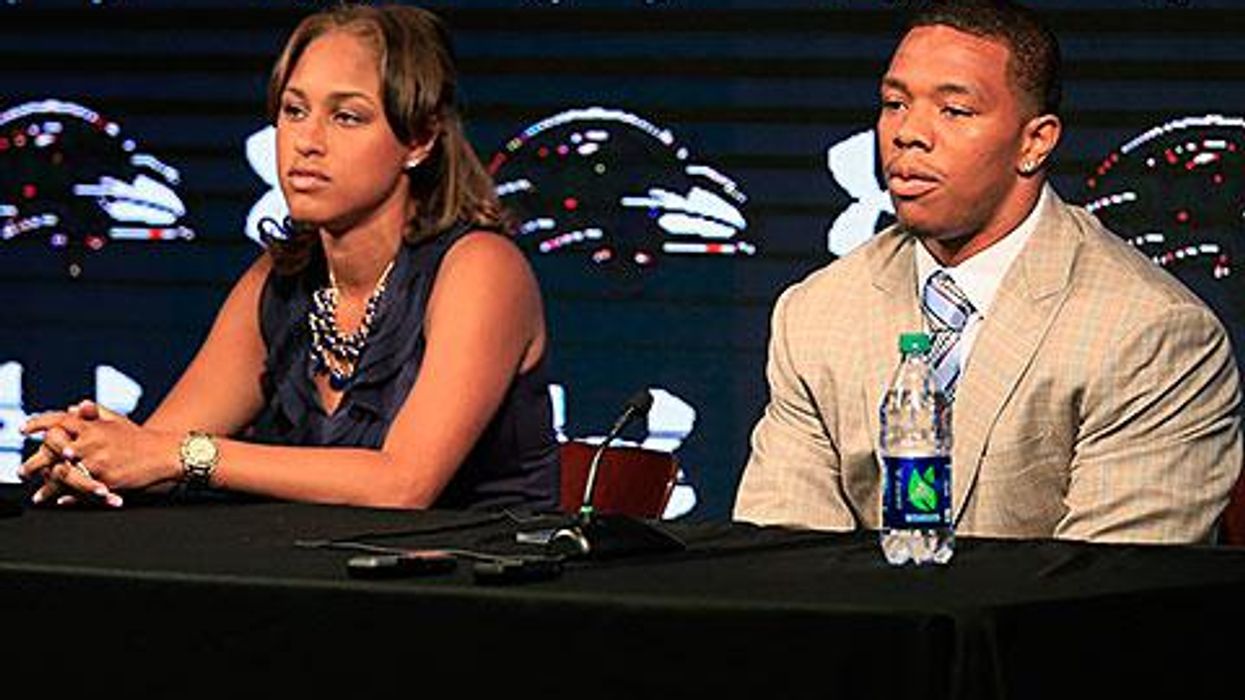












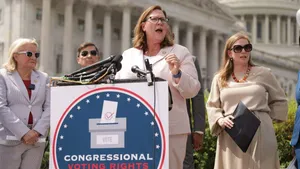
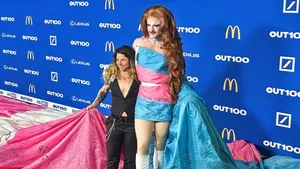






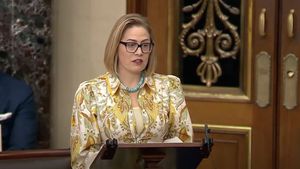














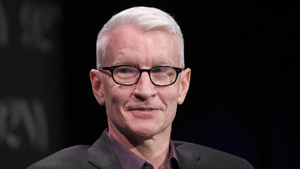










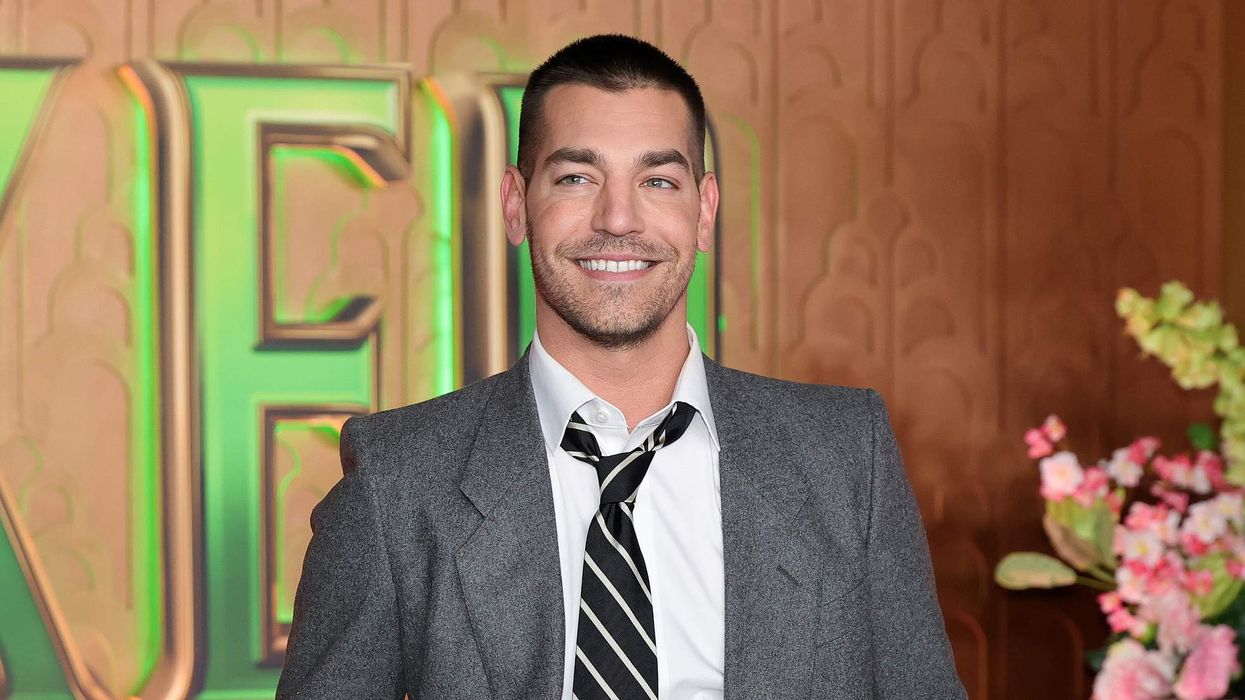

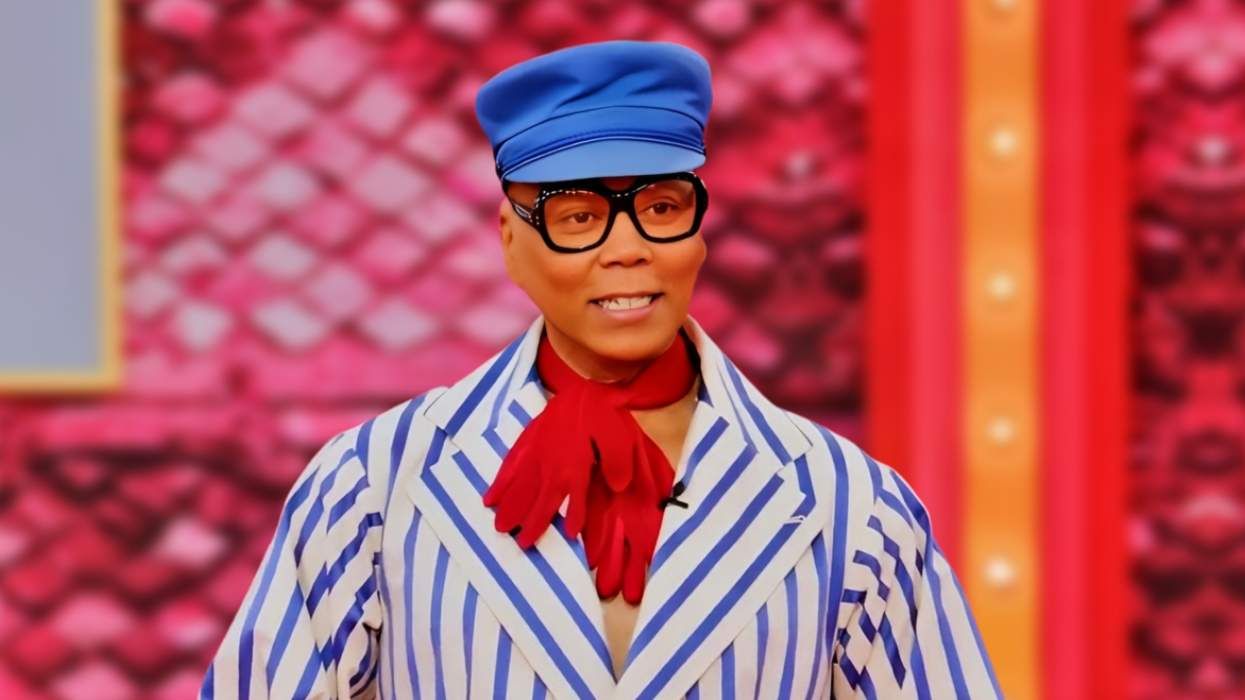































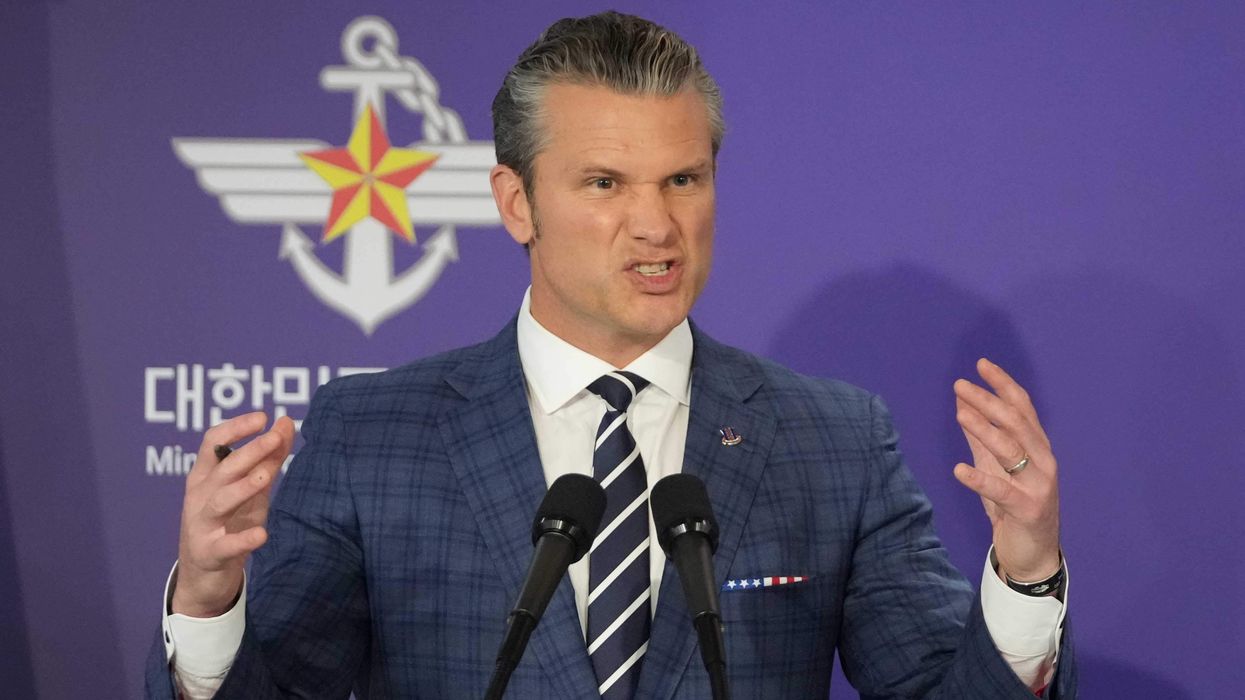

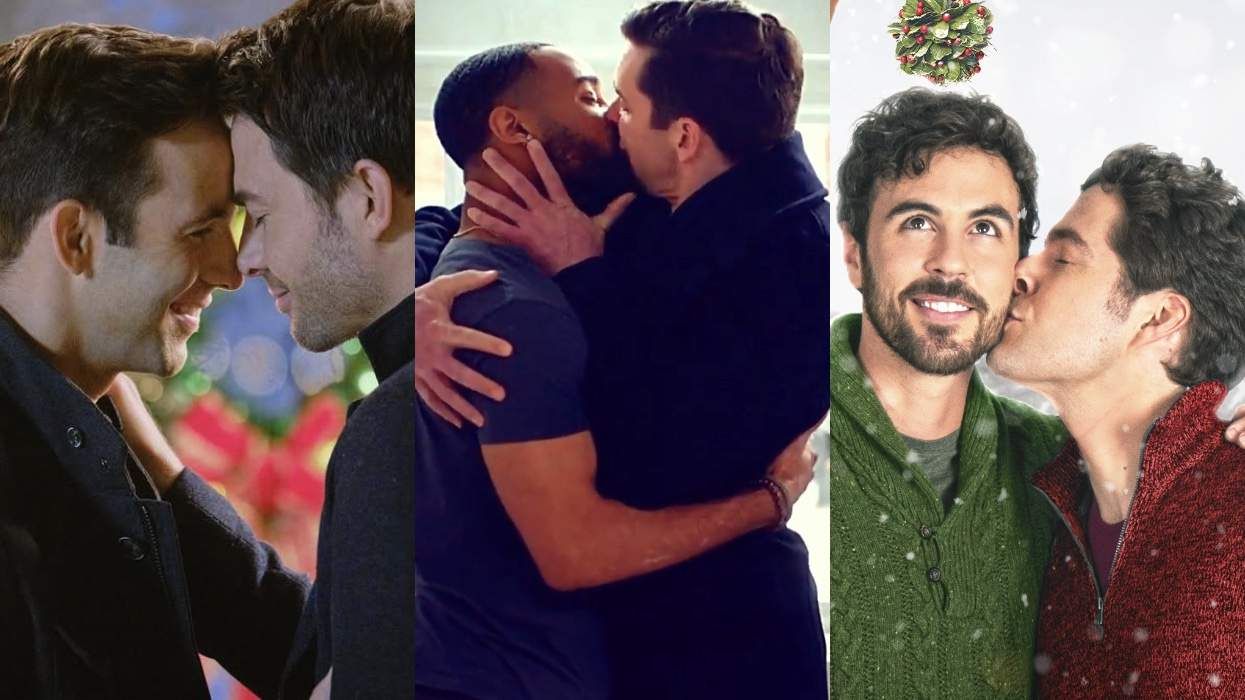
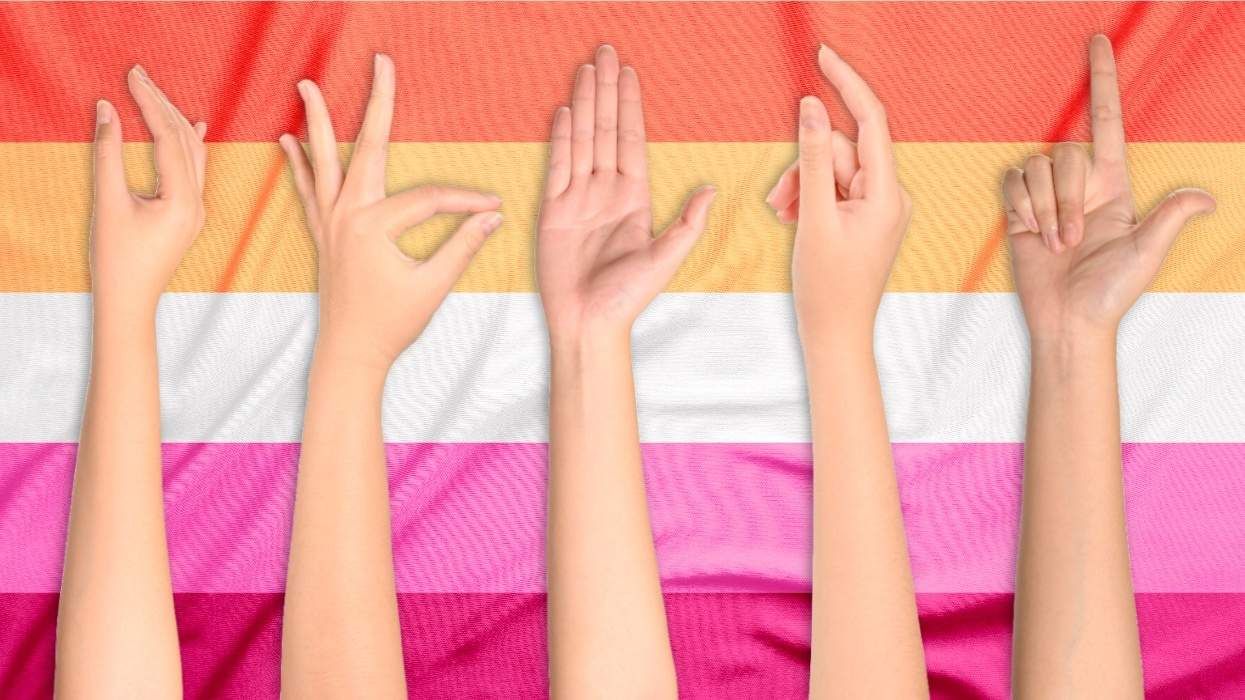
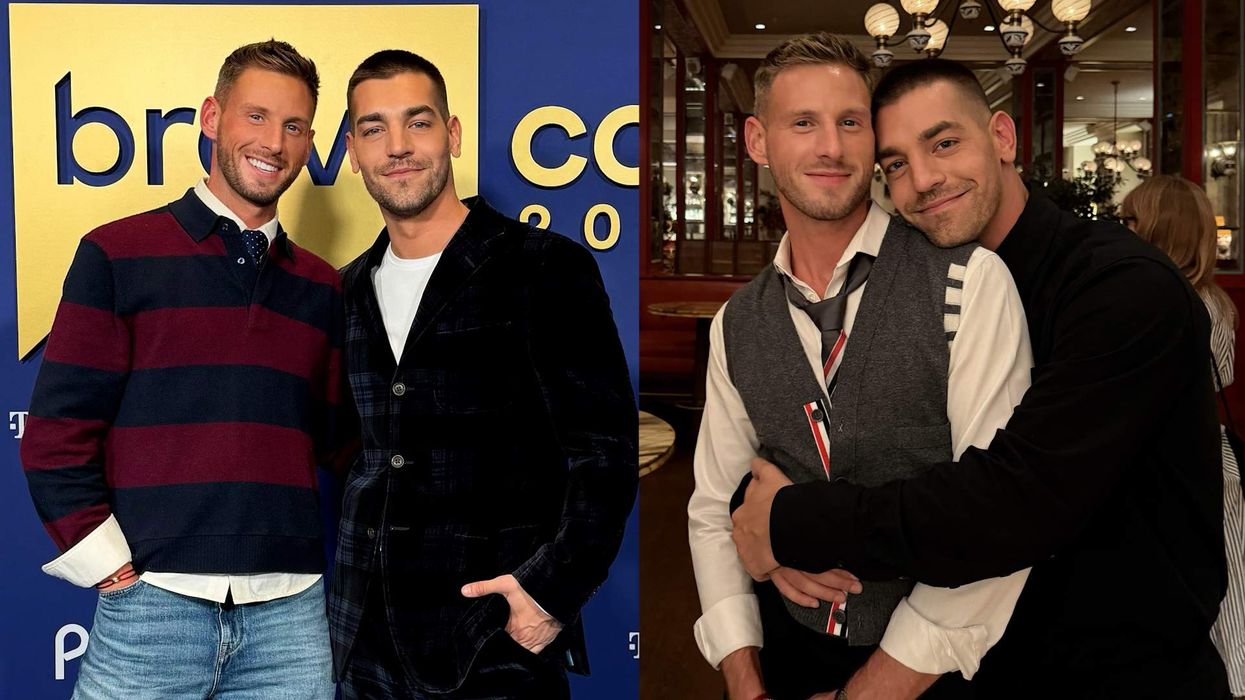

 Cindy Ord/Getty Images
Cindy Ord/Getty Images
























